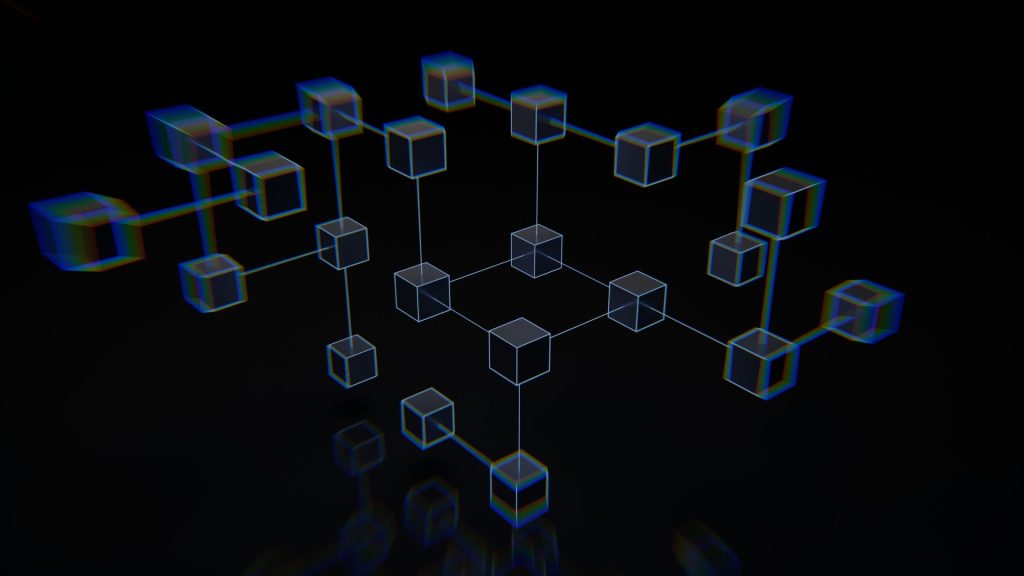The tech world is a rapidly evolving landscape where it feels as if the next exciting breakthrough is just around the corner. Technology is advancing at an incredible rate, with things like artificial intelligence (AI) and blockchain networks perfect examples of how far we’ve come.
How do these two technologies intertwine? We don’t often consider AI when we think of blockchain platforms and cryptocurrencies like Shiba Inu (SHIB), but the two are far more closely related than you might expect. How integral is blockchain to the development of AI? Let’s find out.
Blockchain and AI: What Are They?
Blockchain and AI can be confusing subjects. They are highly advanced technological systems that are powered by the most cutting-edge, innovative systems, and operated by experienced teams of expert developers and engineers.
However, it’s possible to understand these two technologies by breaking them down into layman’s terms.
Think of blockchain as a digital ledger where actions can be recorded. Usually, these ledgers are used to record transactions made using cryptocurrencies, which is why the two concepts are so often used interchangeably.
The key attribute of any blockchain network is decentralisation. What this means is that they can operate independently, without the need for oversight from a regulatory or sanctioning body. Additionally, blockchain platforms are secured by cryptography. This makes performing actions, such as payment processing, on these networks highly secure.
AI is the term used to describe sophisticated software and computer systems that can effectively replicate human intelligence. AI has taken the world by storm in recent years, with tools like ChatGPT and Google Bard set to revolutionise the way we use computers and digital systems.
AI systems use things like machine learning and language processing to respond to user prompts. They can produce highly detailed, accurate answers and even create unique images and artwork.
Blockchain and AI are two distinct technologies. However, there has been overlap, and blockchain networks are proving integral for the development and improvement of AI.
Data Integrity
AI systems can learn, that’s what is so amazing about them. The more they are used and the more tasks they are instructed to complete, the better they’ll be able to perform in the future. To respond to user prompts and to enhance their knowledge, AI systems scan vast datasets for information. However, if there is false or misleading information in this data, errors and bias can creep into the AI.
Trust is an issue with the current generation of AI tools. Some can ‘hallucinate’ and produce false or misleading answers. The most famous example is Google Bard, which produced an incorrect answer about the James Webb telescope during a demonstration.
Blockchain platforms can be used to verify and authenticate data before it is fed into an AI system. This will ensure it only analyses accurate data that will both meet user needs and help the system learn and improve. By using blockchain to verify data, the rate of AI hallucinations can be reduced and trust in these tools will increase.
Privacy
Digital privacy and security are increasingly salient topics in today’s internet-driven world. So much of our lives are lived out online these days, there are fears that true privacy is a thing of the past.
The advent of AI only worked to bolster these fears. What would these new machines, that could scan the entire internet at the click of a button and think for themselves, mean for our privacy and security? These fears were so palpable that ChatGPT was even temporarily banned in Italy.
This is where blockchain comes in. By harnessing the power of highly secure blockchain cryptography verification protocols, data can be isolated for use by AI systems. Through this cryptographic security, and as a result of the decentralised nature of these blockchain networks, this data will be isolated for use by AI systems and protected against attacks from hackers and cybercriminals.
Tracking Actions
The AI tools used today carry out countless tasks and complete innumerable actions. People enlist these systems to draft emails and social media posts, analyse data, generate images and fact-check documents. With so many things happening, keeping track of it all can be an impossible task, which makes performing an audit should anything go wrong or for testing purposes extremely difficult.
By integrating AI tools with blockchain networks, all actions can be recorded as blocks. These blocks are sealed and immutable; once they are on the chain, they cannot be removed, altered or edited. If developers need to go back and track the actions and decisions made by an AI tool, they can simply look back over the records on the blockchain, confident in the fact that all records will be accurate.
Conclusion
Blockchain and AI are without a doubt the two most exciting topics in the world of tech. They have a huge range of different uses and we’re seeing them transform a number of industries and sectors. On the surface, blockchain and AI don’t seem to have much in common, and while they are two very different things, they are quickly forming a symbiotic relationship that will help each of them develop and improve.





























